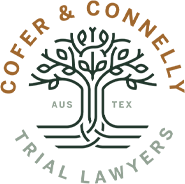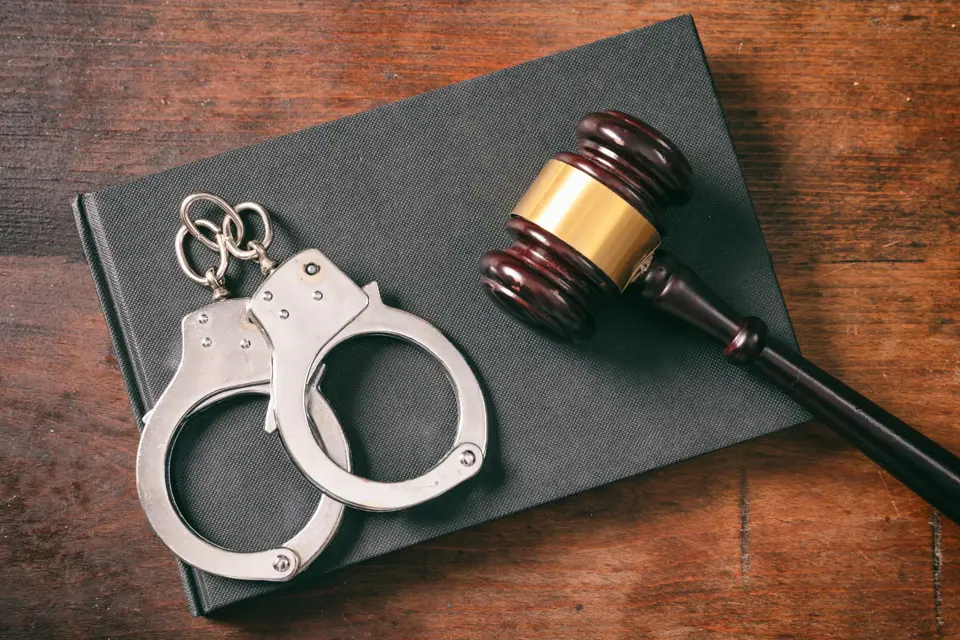Facing a drug crime charge can feel overwhelming, but the right defense strategy can make all the difference. Whether it’s understanding the legal framework or integrating rehabilitation into your approach, every step matters. This guide explores the intersection of drug crime defense and rehab solutions, providing you with the tools and knowledge to work toward a better outcome for your case.
Understanding Drug Crime Defense
Legal Framework for Drug Crimes
Drug crimes are categorized based on the type and amount of substance, intent, and prior criminal history. For example, possessing drugs for personal use may result in a misdemeanor, while trafficking large quantities could be a felony with severe penalties. Intent plays a crucial role, as charges differ between simple possession and possession with the intent to distribute. Additionally, possession may be classified as actual or constructive, requiring nuanced defense strategies to address these distinctions. Keeping up with evolving drug laws ensures defendants and their attorneys are prepared to effectively challenge charges.
Common Defenses in Drug Crime Cases
Common drug crime defenses include unlawful search and seizure, lack of possession, and entrapment. If evidence was illegally obtained or without a proper warrant, it can be suppressed in court, often reducing or dismissing charges. Defendants may also deny possession if control over the substance cannot be proven, which can be vital in cases involving shared spaces or multiple parties. Entrapment occurs when law enforcement pressures someone into committing a crime they wouldn’t have otherwise committed. A strong defense often hinges on the admissibility of evidence, and suppression can be pivotal in achieving favorable outcomes.
Role of a Defense Attorney
Defense attorneys are essential in navigating the legal system, investigating evidence, protecting client rights, and mounting the strongest case possible. They identify weaknesses in the prosecution's case, negotiate favorable plea deals, and may seek case dismissals through procedural challenges. Attorneys also facilitate plea deals to minimize penalties or avoid trials, leveraging creative legal tactics to benefit clients. Their expertise can mean the difference between harsh penalties and a more manageable resolution. A skilled attorney prioritizes outcomes that align with the client's best interests while advocating for rehabilitation when appropriate.
Integrating Rehabilitation into Defense Strategies
Benefits of Rehab in Legal Defense
Rehab can greatly impact drug crime cases by demonstrating accountability and a commitment to change, often leading to reduced penalties. Participation in rehab may result in alternative sentencing, such as probation instead of jail time, or influence the court's willingness to impose leniency. Judges and prosecutors often view rehab efforts positively, as they lower the likelihood of reoffending and support societal reintegration. Beyond the courtroom, rehab provides individuals with the tools to address addiction and make meaningful life changes. A proactive approach to rehabilitation can transform both legal outcomes and personal futures.
Types of Rehabilitation Programs
Rehabilitation programs vary from intensive inpatient facilities to flexible outpatient services, each tailored to an individual’s level of need. Residential programs immerse participants in structured care, while outpatient options allow for treatment alongside daily responsibilities. Community-based programs deliver localized support, offering access to counseling and peer groups. Defense attorneys often recommend suitable programs based on the defendant’s circumstances and legal requirements. Choosing the right rehab option can be pivotal in both recovery and legal outcomes.
Legal Precedents and Case Studies
Successful case studies underline the integration of rehabilitation in achieving favorable legal outcomes, particularly through drug court programs. These specialized programs combine treatment, monitoring, and court oversight, often reducing charges or dismissing cases upon completion. Rehab not only minimizes penalties but also helps individuals overcome addiction and rebuild stability in their lives. Long-term benefits include improved health, reduced recidivism, and better quality of life. These precedents show the value of rehab in both personal recovery and legal defense strategies.
Navigating the Legal and Rehab Systems
Coordinating with Legal and Rehab Professionals
A collaborative approach between attorneys and rehab counselors ensures a seamless defense strategy incorporating rehabilitation. By monitoring rehab progress and integrating it into the defense narrative, legal teams can advocate for alternative sentencing. Case managers often bridge the connection between legal and rehab professionals, tracking compliance and providing updates. This coordinated effort helps achieve better legal results while supporting the defendant's path to recovery. Strong collaboration between these professionals can make rehabilitation a meaningful part of the legal process.
Understanding Court-Mandated Rehab
Court-mandated rehab programs offer an opportunity for treatment as part of a sentencing agreement, often allowing participants to avoid traditional jail time. These programs combine elements like counseling, therapy, and drug testing, requiring strict compliance to maintain eligibility. Failing to meet program obligations can result in harsher penalties, including potential incarceration or additional charges. With clear guidance from attorneys, defendants can understand and meet requirements, ensuring successful program completion and improved legal outcomes.
Funding and Accessibility of Rehab Services
Rehab costs can vary, but options such as insurance coverage or state-funded programs make treatment accessible for many individuals. Attorneys often assist clients in identifying affordable rehab options and navigating funding avenues, such as partial insurance payments or government support. Despite these measures, barriers like availability and logistical challenges still exist, particularly in underserved areas. Expanding telehealth and community services could mitigate some of these obstacles, making rehab more attainable. Ensuring access to treatment removes key barriers to recovery and supports stronger legal resolutions.
Addressing Concerns and Misconceptions
Debunking Myths About Rehab in Legal Contexts
Rehabilitation is often misunderstood and perceived as an easy way to avoid penalties, when in reality, it demands commitment and accountability. Myths suggesting rehab fails to address crime ignore its potential to reduce recidivism by directly tackling substance abuse issues. Research shows that rehab improves both individual outcomes and public safety by lowering relapse and reoffending rates. Attorneys who advocate for rehab must challenge these stigmas, demonstrating the tangible benefits of integrating recovery into legal cases. Changing perceptions is key to broader acceptance of rehab as a viable legal solution.
Balancing Punishment and Rehabilitation
The tension between punitive measures and rehabilitative approaches highlights the evolving priorities of the legal system. While punishment aims to deter crime, research shows that rehab effectively reduces recidivism by addressing addiction at its root. Rehabilitation benefits society by reducing incarceration costs and supporting reintegration, ultimately improving long-term public safety. Defense strategies prioritizing rehab offer defendants a chance to make positive life changes. Balancing these approaches fosters a fairer and more compassionate justice system.
Evaluating Success Rates of Rehab Programs
The success of rehab programs depends on individualized plans, duration of treatment, and evidence-based therapies like cognitive behavioral therapy. Longer programs with structured care show higher success rates in preventing relapse and fostering lasting recovery. Data supporting rehab outcomes helps attorneys recommend effective treatments that align with legal defense strategies. By providing evidence of rehab's effectiveness, defendants gain a stronger footing in court while improving their own lives. Judges often favor defendants demonstrating progress, making rehab a key tool in legal and personal transformation.
Austin Drug Crime Lawyer
Drug crime charges are serious, but with the right defense and a focus on rehabilitation, there’s hope for a brighter future. At Cofer & Connelly, PLLC, our experienced legal team in Austin, TX, works closely with clients to explore all defense options and integrate rehab solutions effectively. We’re here to protect your rights, advocate for lighter sentencing, and guide you toward long-term success. Contact us today at (512) 991-0576 to schedule a consultation and begin building your defense strategy. Trust us to provide the compassionate, knowledgeable support you need every step of the way. We’ll tackle these challenges and work toward the best possible outcome.






